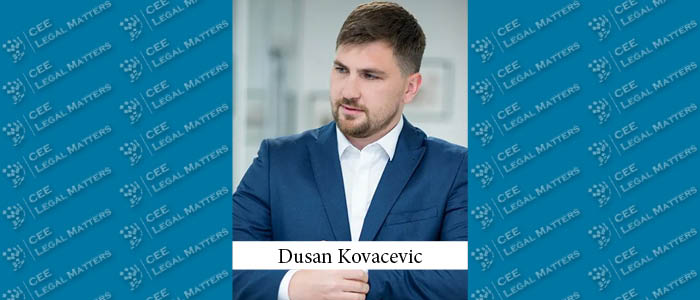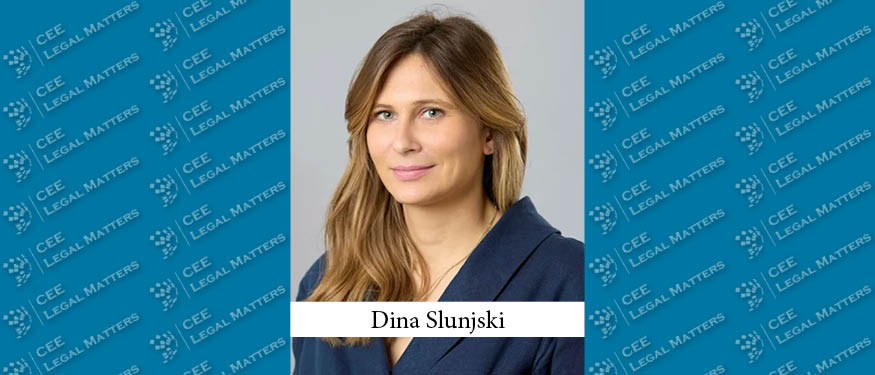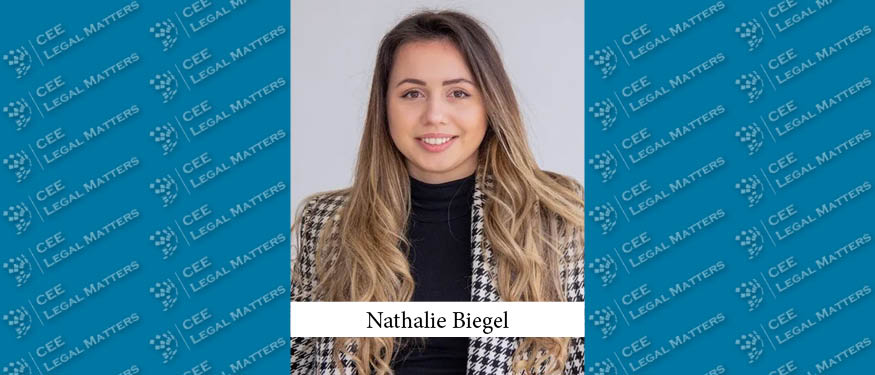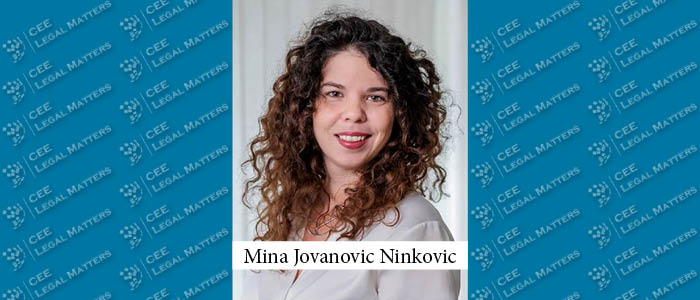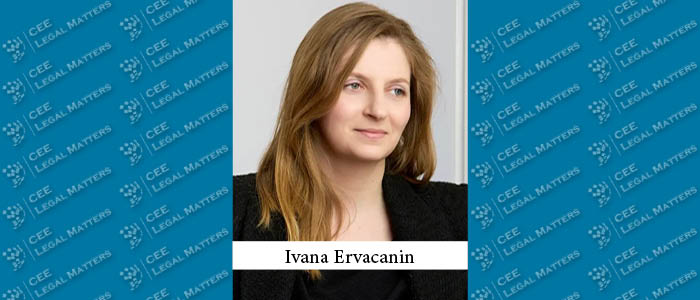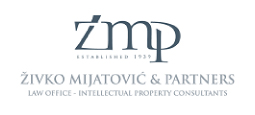After 17 years of being regulated under a unified legal framework alongside other industrial property rights, trademarks in Albania will now be governed by a dedicated legal instrument.
Using GIs: How Much Flavour Is Enough?
Many products on the market today are protected by geographical indications (GIs). GIs serve as a mark of quality, assuring consumers of the unique characteristics, taste, and origin of a product. This is especially important for food and beverages, where specific taste profiles often drive consumer loyalty. For example, Parmigiano Reggiano is celebrated for its complex, layered flavour with nutty notes – qualities that keep consumers coming back.
The Corner Office: The Next Big Thing
In The Corner Office, we ask Managing Partners at law firms across Central and Eastern Europe about their backgrounds, strategies, and responsibilities. This time around, we asked: For 2025, what is the one sector or industry in the country that shows the most promise for growth, and why?
Cease and Desist From Opening the File!
If you have received a Cease and Desist (C&D) letter, it usually means that you have violated someone else’s intellectual property rights. However, this may not necessarily be the case if you are doing business in Croatia.
Why Seek Trademark Protection for Movie Titles or Characters if Copyright Already Applies?
In the entertainment industry, protecting creative assets isn’t just about legal rights—it’s about building a brand. While copyright automatically protects movies and characters as original works, it doesn’t always go far enough. That’s where trademarks step in.
“Black Friday” Trademark Controversy: Can A Shopping Phenomenon Be Owned?
Since 2016, the term “Black Friday” has been registered as a trademark in Germany, granting exclusive rights to a single company, Super Union Holdings Ltd. of Hong Kong, for its use in advertising. This registration covered over 900 goods and services, restricting other businesses from using the term in their promotions. However, recent legal developments have definitively resolved this contentious issue.
Lessons Learned From Recent Case Law On Bad Faith Trademark Filings In Bosnia And Herzegovina
Unlike many neighboring countries, the Trademark Law of Bosnia and Herzegovina explicitly addresses bad faith trademark applications as both relative grounds for refusal and as a basis for contesting a trademark through court proceedings. In other words, trademark applications filed contrary to the principles of good faith and fair dealing can be challenged either through an opposition before the Institute for Intellectual Property or by filing a lawsuit before the competent court. While this dual system theoretically provides two distinct avenues of recourse, practical experience shows that both mechanisms tend to merge into a single, judicially driven process. Below, we analyze the key lessons drawn from recent case law concerning bad faith trademark filings.
The Corner Office: Onboarding Clients
In The Corner Office, we ask Managing Partners at law firms across Central and Eastern Europe about their backgrounds, strategies, and responsibilities. With managing firm clients being a critical aspect of firms’ operations, we asked: What are the three most important elements when onboarding a new client?
Trademark Triumph: Landmark Profit Surrender Ruling In Serbia
Serbia’s 2020 Trademark Law introduced a novel provision to local law: the trademark holders have been explicitly empowered to claim profit surrender in cases where the infringement was not intentional or grossly negligent.
Understanding The Exhaustion Of Trademark Rights In The Western Balkans: A Detailed Overview
The concept of exhaustion of trademark rights is a nuanced aspect of intellectual property law that might seem counterintuitive to those unfamiliar with the field.
Fake News About Fake Jerseys: Counterfeit Dilemma At The UEFA Euro 2024
As the UEFA Football Championship is now underway, football fans across Europe are buzzing with excitement. This sporting event is not just a celebration of top-tier talent and national pride but also a time when fans proudly sport their team’s colours. However, a troubling issue looms large: the rise of counterfeit football jerseys.
How Are Political Parties (Ab)Using Intellectual Property?
In the realm of modern politics, where every move is meticulously calculated and every tactic scrutinized, the strategic employment of intellectual property (IP) has emerged as a potent tool for political parties. From catchy slogans to iconic logos, intellectual property has become integral to shaping public perception and garnering support during election seasons. However, the fine line between legitimate use and exploitation of IP often blurs, raising ethical and legal questions about the (ab)use of intellectual property by political entities.

